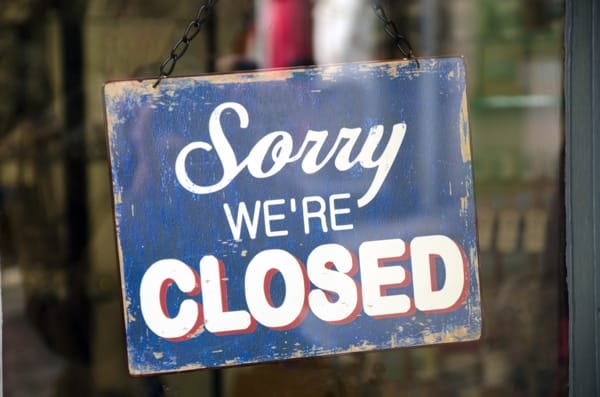Common Exclusions To Business Interruption Insurance

Business interruption insurance is designed to cover income lost when an event beyond your control forces you to close your business temporarily. This extra layer of protection goes beyond common business insurance policies. For example, if a fire in your office forces you to shut down temporarily, property insurance will cover the damage from the fire, but not the loss of income. The lost income is covered by business interruption insurance.
What Business Interruption Insurance Covers
A business interruption policy can provide coverage for:
- Income your business would have earned if operating normally during the time the business is closed.
- Rent or lease payments during the time when the premises was unusable.
- Relocation expenses associated with moving to a temporary location, which may include moving costs and rent.
- Employee wages to help you make payroll while your business is unable to operate.
- Business taxes.
- Loan payments.
- Losses caused by damage that prevents access to a building. Also known as loss of ingress or egress, this coverage applies when a government implements a curfew or other restriction that keeps people away from your business.
Business Interruption Insurance Exclusions
Like any other insurance, business interruption insurance has limitations and exclusions. It does not cover every event that could possibly cause your business to close its doors. If a non-covered event such as a flood keeps your business from operating, you will not be covered by business interruption insurance unless you have a flood insurance endorsement to your property insurance policy.
Generally, business interruption insurance will not cover:
- Undocumented income: It is important to have several months of documented income, particularly if your business is growing, so you can account for the income for which you want the policy to reimburse you. You will need to prove that your business suffered financial damage because of the interruption. Find out what proof your policy requires and carefully document your affairs.
- Utilities: As utilities are typically shut off when a business location cannot be used, they are usually not covered by business interruption insurance.
- Partial closure losses: Business interruption coverage does not go into effect if access to your building is limited but not completely eliminated.
- Losses from closures caused by damages that are not covered: You cannot receive income coverage for flood damage or earthquake damage not covered under your property insurance policy, or for when you close the business voluntarily.
- Closures caused by downed power lines: Most closures caused by downed power lines from a storm or accident are not covered under a business interruption policy. Power outages are common, and power is usually restored quickly. Business interruption policies typically require a business to be shut down for a minimum of 72 hours before benefits go into effect.
Although there are exclusions, as with any insurance policy, business interruption insurance may provide the extra layer of protection your business need. Speak with an experienced agent about the best available rates for adding business interruption insurance to your business and commercial insurance package.
